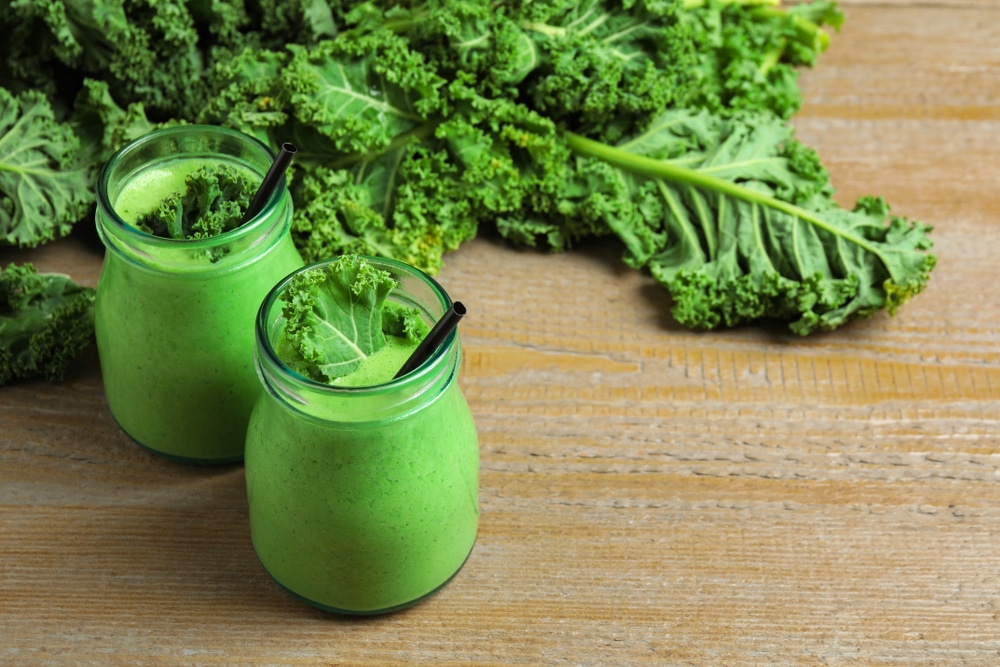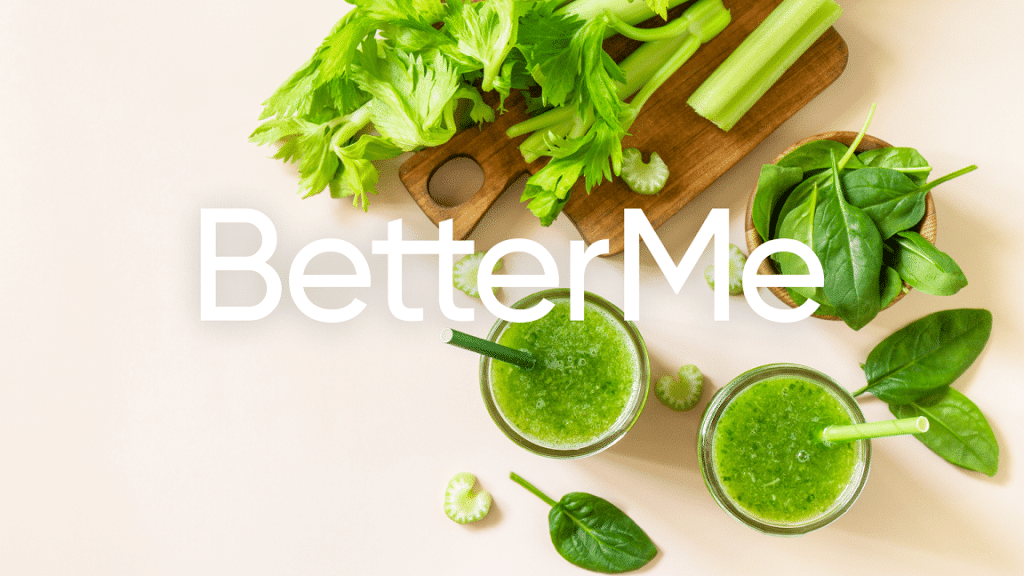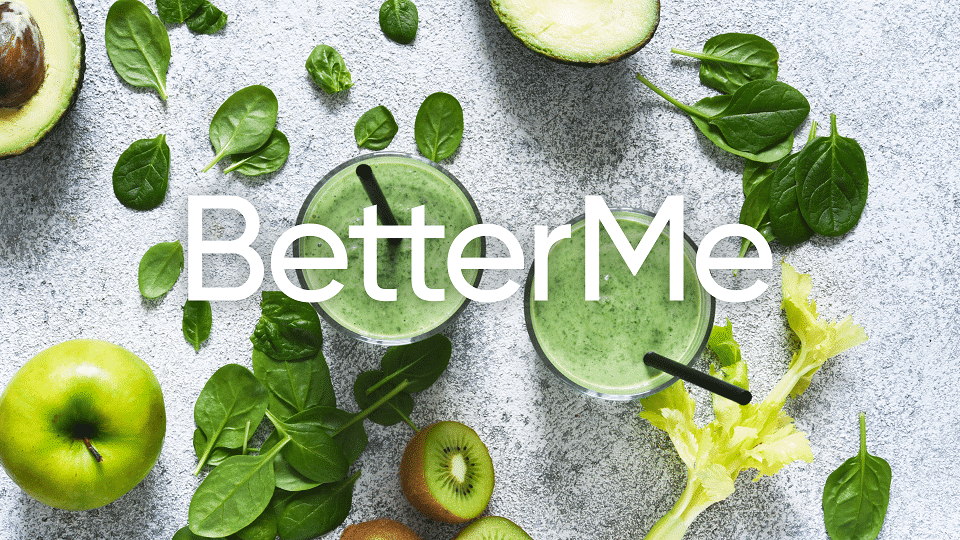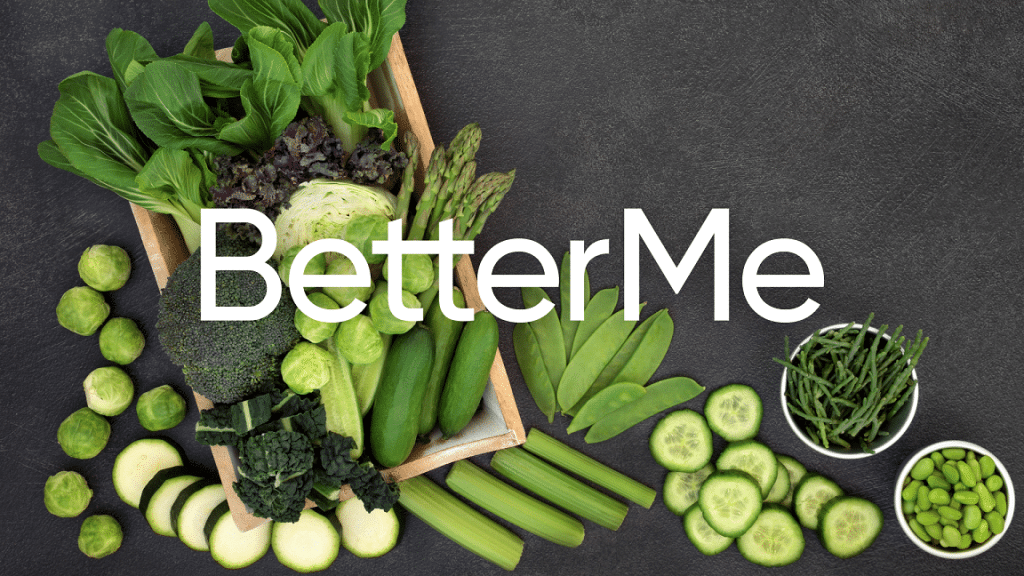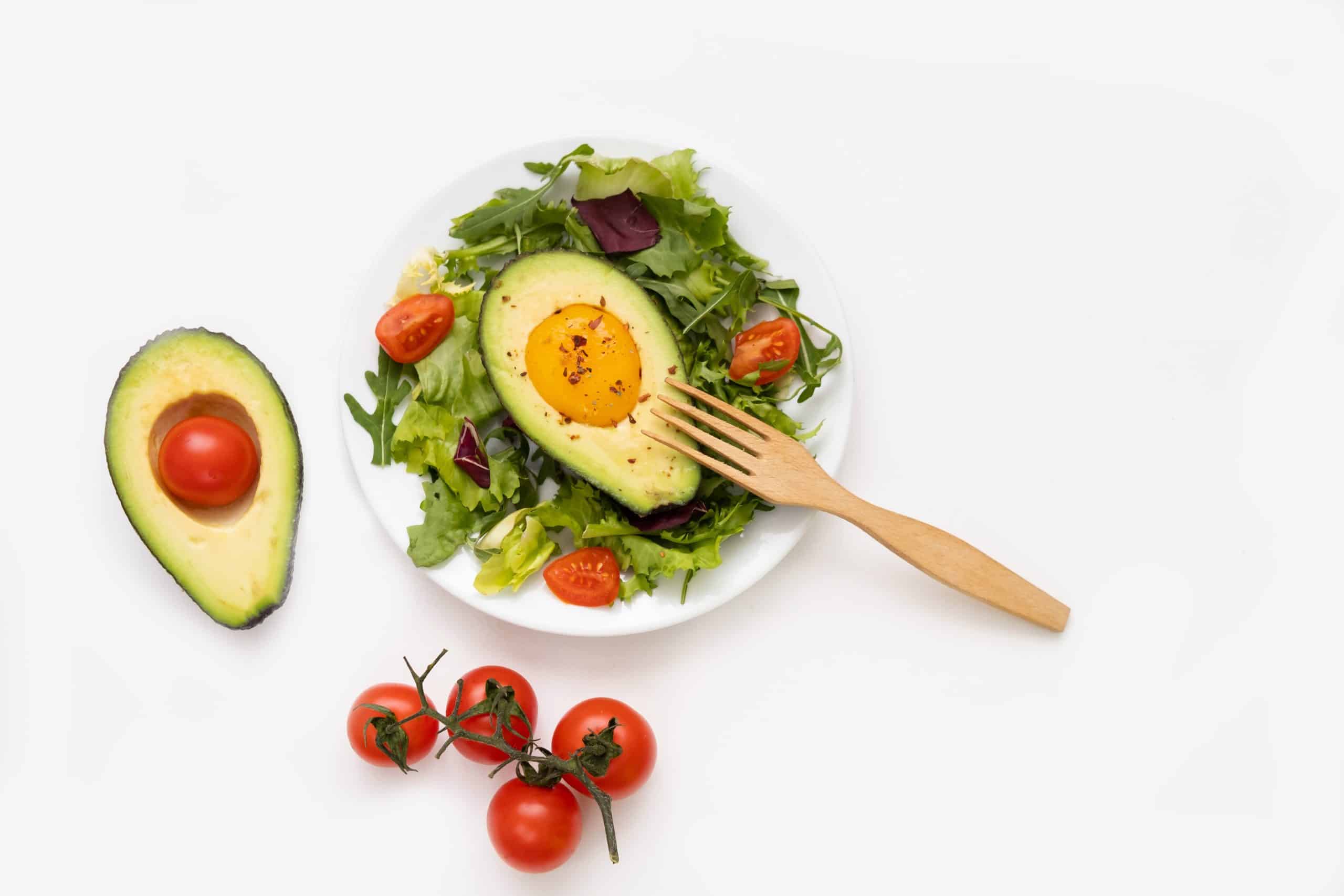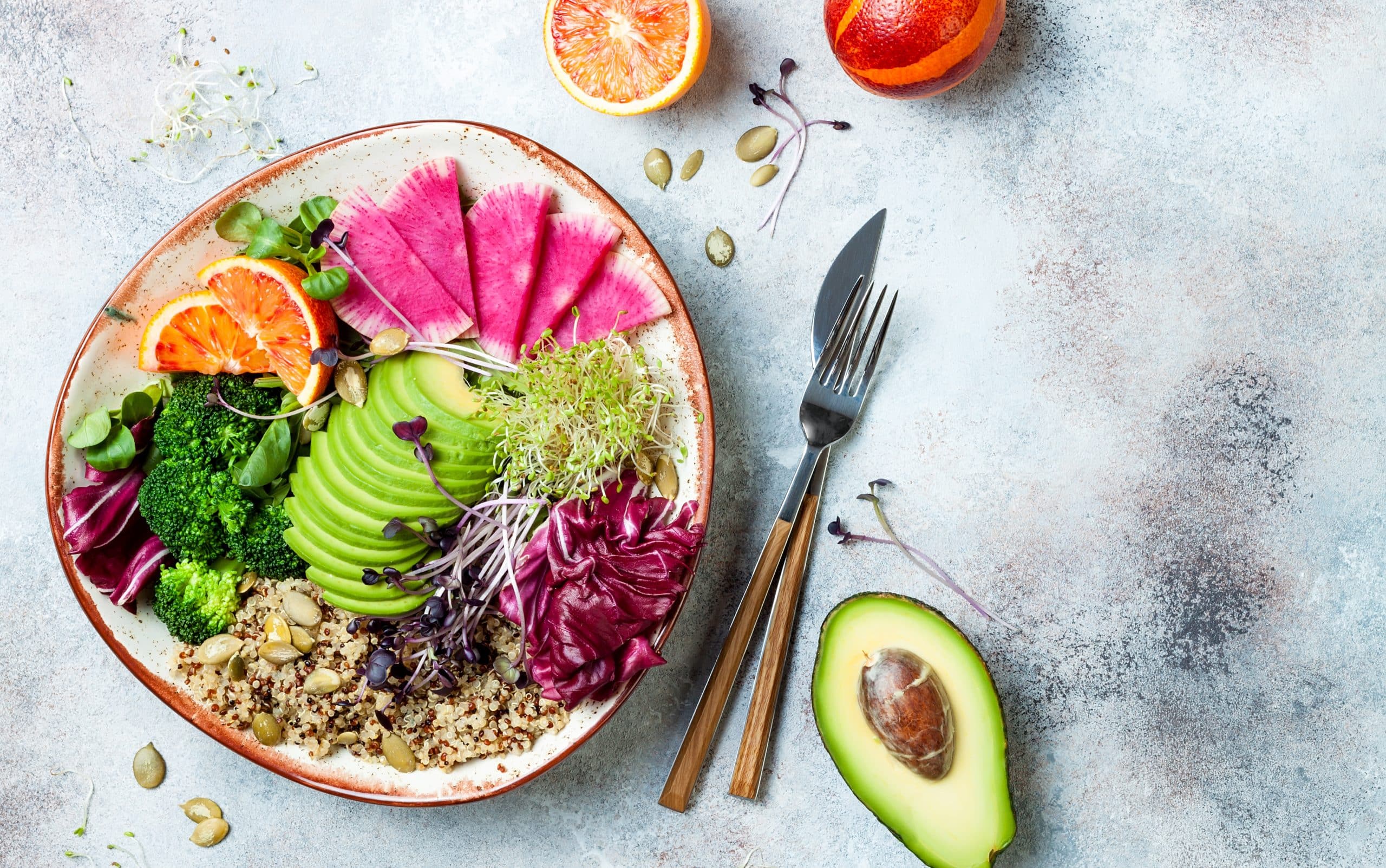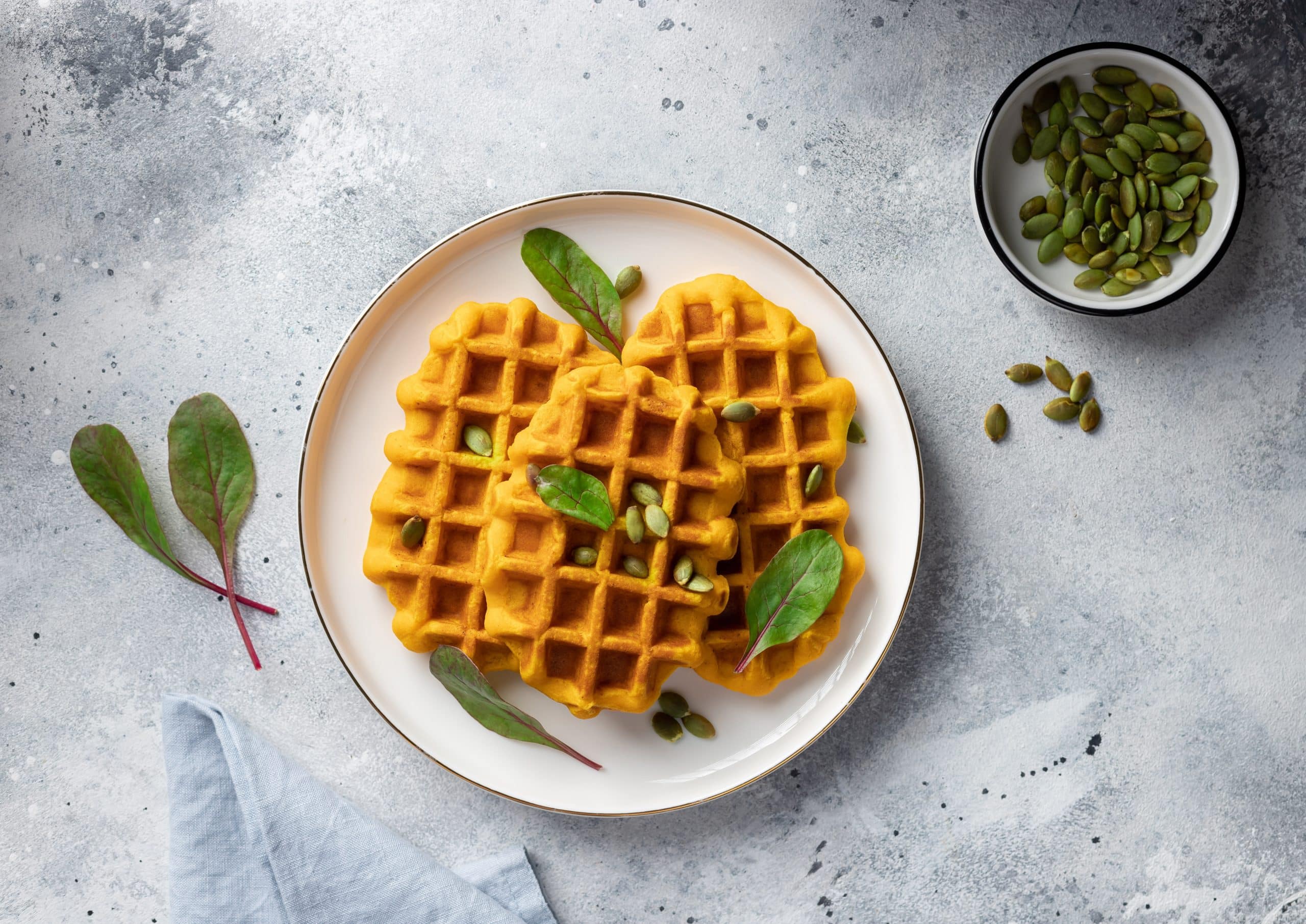Kale is one of the healthiest vegetables on the planet. This dark leafy vegetable is a powerhouse linked to several nutritional benefits. In addition to that, there are so many creative ways that you can incorporate this vegetable into your diet.
For example, you could sauté it, bake into kale chips, add it to a smoothie, or prepare a kale Caesar salad. However, one way most people recently discovered is juicing this vegetable.
This is an excellent way to eat this vegetable and still reap most of its health benefits. That said, most people are still in the dark about these benefits. In this read we will discuss kale juice benefits and side effects and its preparation method.
What Is Kale Juice?
As the name implies, it refers to juice prepared from kale. Kale is a trendy vegetable in most households. The green, leafy, cruciferous vegetable is loved for its rich nutritional profile. You will find this vegetable classified in the dark leafy vegetable category.
Belonging to the mustard, or Brassicaceae, family, it is related to other vegetables like Brussels sprouts and cabbage (6). One exciting thing that most people do not know about this vegetable is that there are different types of kale.
Surprisingly, these varieties differ not only in shape but also in taste. Here are the common types of kale (2):
- Curly Kale. This is the most common type of kale. Its leaves are bright and ruffled.
- Dinosaur Kale. This variety is identified by its narrow, wrinkly green leaves attached to a thick stem.
- Redbor Kale. This variety also has ruffled leaves, but they range from a deep red to a deep purple color.
- Russian Kale. This variety is not as popular as the rest. However, it is characterized by flat leaves with a fringe ranging from green to red to purple.
You can likely find several of these varieties at your local market. That may depend on your geographic location plus the preferred variety by area farmers.
How To Prepare Kale Juice
Preparing kale juice is pretty easy, and it takes a relatively short time. Here is the procedure:
Ingredients:
- A handful of kale
- Juicer
- Lemon or lime juice (optional)
Preparation:
- Start by thoroughly washing the fresh vegetables using running water. Some people also opt to wash their vegetables with vinegar before thoroughly rinsing them. Vinegar is crucial as it helps eliminate any extra dirt or chemical residue.
- Chop the kale leaves into small pieces and put them in your juicer to start the juicing process.
- Juice as many kale leaves as you want until you get your desired servings.
- Put in a jar and store in the fridge for an hour to cool before serving. You may add some lime or lemon juice drops because raw kale has a strong flavor. This will help in mellowing it (2). That said, you can drink it as it is if you do not mind the intense flavor.
NOTE: You may find that some sweeteners, especially artificial ones, may counteract the effects of this juice, such as weight loss. So, avoid any other ingredient or talk to your nutritionist if you feel an extra component is needed.
Read More: Benefits Of Kale Smoothie: Here’s What Drinking This Green Smoothie Can Do For You
Kale Juice Nutrition Facts
It is essential to note the nutrition profile of this juice corresponds to the kale servings you use. The more leaves you use, the more calories your drink has. According to the U.S Department of Agriculture (USDA) National Database, a 100 g serving of raw kale leaves provides (5):
- Calories- 35
- Water- 89.6 g
- Protein- 2.92 g
- Carbohydrates- 4.42 g
- Fiber- 4.1 g
This means the calorie count and the nutrition content will differ depending on the kale servings you use. In addition to listed nutrients, kale is also rich in (5):
- Calcium
- Iron
- Phosphorus
- Magnesium
- Zinc
- Potassium
- Copper
- Selenium
- Manganese
- Vitamins C, K, A, E, and B-6
- Thiamin
- Niacin
- Riboflavin
- Folate
- Beta-carotene
- Carotenoids Lutein and zeaxanthin
All these nutrients are present in kale and contribute to several health benefits of kale juice. For example, potassium helps support the function of your heart and muscles. Similarly, manganese helps form bones, connective tissues, sex hormones, and blood clotting factors.
It is important to note that their % of the Daily Value varies depending on the kale serving. Know that, although the juice provides a significant amount of these nutrients, it would be best to consult with your nutritionist before drinking this juice for specific nutrients.
Kale Juice Benefits
Experts state that this drink has many health benefits due to its excellent nutrition profile. Consuming this drink may benefit you in the following ways:
Supports Your Immunity
Drinking kale juice is a great way to support your immune system. It is because, for one, kale is loaded with antioxidants that may help prevent several health conditions. Generally, antioxidants are known due to their ability to fight unstable molecules known as free radicals.
If radicals build up in your body, they lead to cell damage and may result in inflammation (1). Similarly, research shows that free radicals can play a role in cancer development, meaning they might increase your cancer risk (1).
In addition, drinking kale juice helps your body to not absorb harmful chemicals known as heterocyclic amines (6). Chlorophyll found in kale and other dark leafy vegetables binds these chemicals and prevents them from being absorbed.
By doing so, you might reduce cancer risk as research has linked heterocyclic amines to cancer (6). You mainly obtain these chemicals when consuming grilled animal products at high temperatures (6).
BetterMe app will kick you out of the mental funk, shake off your extra weight, rid you off your energy-zapping habits, and help you sculpt the body of your dreams. Intrigued? Hurry up and change your life for the better!
Supports Bone Health
Kale has good traces of calcium and phosphorus, two vital nutrients for healthy bone formation. For example, one cup of boiled kale (118 g) has 177 mg of calcium and 49.6 mg of phosphorus (6). These amounts make a decent percent of the recommended calcium and phosphorus daily requirements.
Besides these minerals, this vegetable also contains vitamin K, another required nutrient for healthy bone formation. Experts have found that vitamin K supports healthy bone formation and minimizes your risk of bone fractures (6).
Since these vegetables are the primary ingredients in making this juice, you obtain these nutrients. According to Medical News Today, one cup of cooked kale provides you with these nutrients in the following ratios (6):
- Calcium- 18% of the daily requirement
- Phosphorus- 7% of the daily requirement
- Vitamin K- 5 times your daily need
Improves Digestion
One of the expert-approved and research backed-up ways to improve digestion naturally is through the consumption of high-fiber foods. Dark leafy vegetables like kale rank are classified among the fiber-rich foods.
The high fiber and water content in kale helps improve digestion by preventing constipation. Similarly, these nutrients promote regularity and help maintain a healthy digestive tract (6). However, juicing removes most of the fiber, so this benefit is really only derived from eating whole kale.
Promotion Of Healthy Skin And Hair
Drinking this beverage can also promote healthy skin and hair because kale is rich in beta-carotene. Your body converts this carotenoid into vitamin A, which is crucial for healthy hair and skin (6).
Similarly, beta-carotene and vitamin A help grow and maintain healthy body tissues, including those of your skin and hair (6). Vitamin C, another essential nutrient present in kale, also comes in handy in promoting healthy hair and skin.
Building and maintaining collagen is required for providing structure for bones, skin, and hair (6). Kale juice has a considerable amount of all these nutrients, meaning you can get a good portion of your daily requirements of several nutrients from this juice.
Enhances Eye Health
Kale juice can enhance your eye health due to its large amounts of Lutein and zeaxanthin. This is one of the most powerful antioxidant combinations which are linked to better eye health. In addition, experts acknowledge that this combination promotes eye health by reducing the risk of age-related macular degeneration (6).
Similarly, this antioxidant combination protects your retina from damage due to ultraviolet light exposure. In addition to this combination, kale juice might also benefit your eyes due to it’s levels of zinc, beta-carotene, and vitamins C and E (6).
Read More: Beet Greens Benefits, Nutrition Facts, And Side Effects
May Promote Weight Loss
Kale juice is very low in calories, which is good news to dieters. The critical principle of weight loss is to consume fewer calories than your body is burning. To create and maintain this calorie deficit, most experts suggest consuming low-calorie foods. For example, kale and other cruciferous vegetables like broccoli and spinach are classified as low-calorie foods.
However, note that drinking plenty of this juice does not speed up weight loss. Instead, you may end up with opposite results.
You can always try other calorie-burning activities to help you burn more calories than you consume. These activities include exercising, moving more, and drinking plenty of water. Be sure to talk to your doctor for more insight and help to craft your personalized weight loss plan.
Improves Coronary Heart Disease Risk Factors
Research also shows that consuming kale juice for an extended duration, roughly three months, can improve coronary heart disease risk factors among hypercholesterolemic men (4). To demonstrate this, researchers conducted a study among thirty-two men with hypercholesterolemia (> 200 mg/dL).
They were given 150 mL of kale juice every day for a 12-week intervention. After this period, the researchers discovered that kale juice supplementation had reduced the risk factors for coronary heart disease by improving serum lipid profiles and antioxidant systems among hypercholesterolemic men (4). However, they noted that the juice’s effectiveness depended on the individual’s smoking status (4).
Side Effects Of Kale Juice
Kale juice is, unfortunately, not everyone’s cup of tea. This is because of its drawbacks, some of which include:
-
Medication Interaction
Kale juice has high vitamin K content, a vital nutrient in the blood clotting process. It makes several proteins required for blood clotting and bone formation (3). However, this vitamin interacts with medications such as blood thinners or anticoagulants.
The high vitamin K profile may interfere with the effects of blood thinners and reduce their effectiveness. So, it would be best if you check with your doctor before adding this drink to your diet.
-
Little Fiber Content
Although kale is known for its high fiber content, you acquire very little of it once it is juiced (3). That said, look for another alternative if you are looking for high-fiber drinks.
-
Food Poisoning
You are also at risk of food contamination and poisoning if you do not wash your vegetables properly. Sometimes, kale leaves are sprayed with pesticides to prevent them from pests.
If you do not wash such leaves thoroughly, you consume traces of the pesticides or bacteria, potentially resulting in food poisoning or other problems. We earlier mentioned that some people use vinegar to help get rid of extra dirt and chemicals that may not go away with running water.
-
Goiter Risk
Drinking kale juice can also increase goiter risk due to its goitrogen content (3). Health Harvard reveals that kale and other cruciferous vegetables have goitrogens. They define them as naturally occurring substances that can block iodine from entering your thyroid gland (3).
Some people may refer to them as anti-nutrients. We all need iodine as it is used to make thyroid hormones that promote normal metabolism (3). If you do not get enough iodine, you are at high risk of suffering from an enlarged thyroid, a condition known as goiter (3).
Goitrogens interfere with iodine metabolism and may result in goiter if you suffer from iodine deficiency. Similarly, you are at high risk of goiter if you have hypothyroidism due to iodine deficiency and consume excess goitrogens in their raw form (3). Iodine deficiency is rare due to the common commercial practice of adding iodine to table salt. However, with this in mind, it would be best to consult your doctor before drinking this juice if you have such medical conditions.
Lean and toned up body isn’t just a far-fetched fantasy. Check out the BetterMe app and watch it propel your weight loss journey into high gear!
Is Drinking Kale Juice Every Day Okay?
Kale is undoubtedly a highly nutritious food, and most people do not see any wrong with consuming it daily. This means that it is a nutritious meal that is part of a healthy dietary pattern. However, you are still advised to drink kale juice in moderation, especially since you are missing out on some of the nutritional content of the whole vegetable.
The 2015-2020 Dietary Guidelines for Americans that recommend adults eat various vegetables as part of a healthy meal plan, including at least 1 ½ cups of green leafy vegetables (3).
However, experts suggest that you do not focus solely on kale juice as part of a healthy diet plan but instead include other vegetables to your diet, such as broccoli, spinach, and cauliflower.
The Bottom Line
Although it is relatively new in the juice market, kale juice is highly nutritious and loaded with essential carotenoids, antioxidants, and minerals. This juice is obtained from juicing fresh kale leaves.
Kale juice benefits your health in several ways, including promoting better eye, hair, skin, bone, digestive, and overall health. It also promotes weight loss, boosts immunity, and reduces coronary heart disease risk factors.
However, too much of the juice may result in weight gain due to excess calories. Similarly, it may interact with some medicines, increase goiter risk, and lead to food poisoning. As always, consult with your doctor and nutritionist before making any dietary changes.
DISCLAIMER:
This article is intended for general informational purposes only and does not address individual circumstances. It is not a substitute for professional advice or help and should not be relied on to make decisions of any kind. Any action you take upon the information presented in this article is strictly at your own risk and responsibility!
SOURCES:
- How can antioxidants benefit our health? (2018, medicalnewstoday.com)
- Kale (2020, webmd.com)
- Kale (2022, hsph.harvard.edu)
- Kale juice improves coronary artery disease risk factors in hypercholesterolemic men (2008, pubmed.ncbi.nlm.nih.gov)
- Kale, raw (2019, fdc.nal.usda.gov)
- What are the health benefits of kale? (2020, medicalnewstoday.com)

